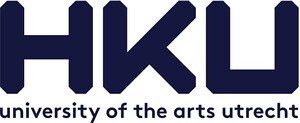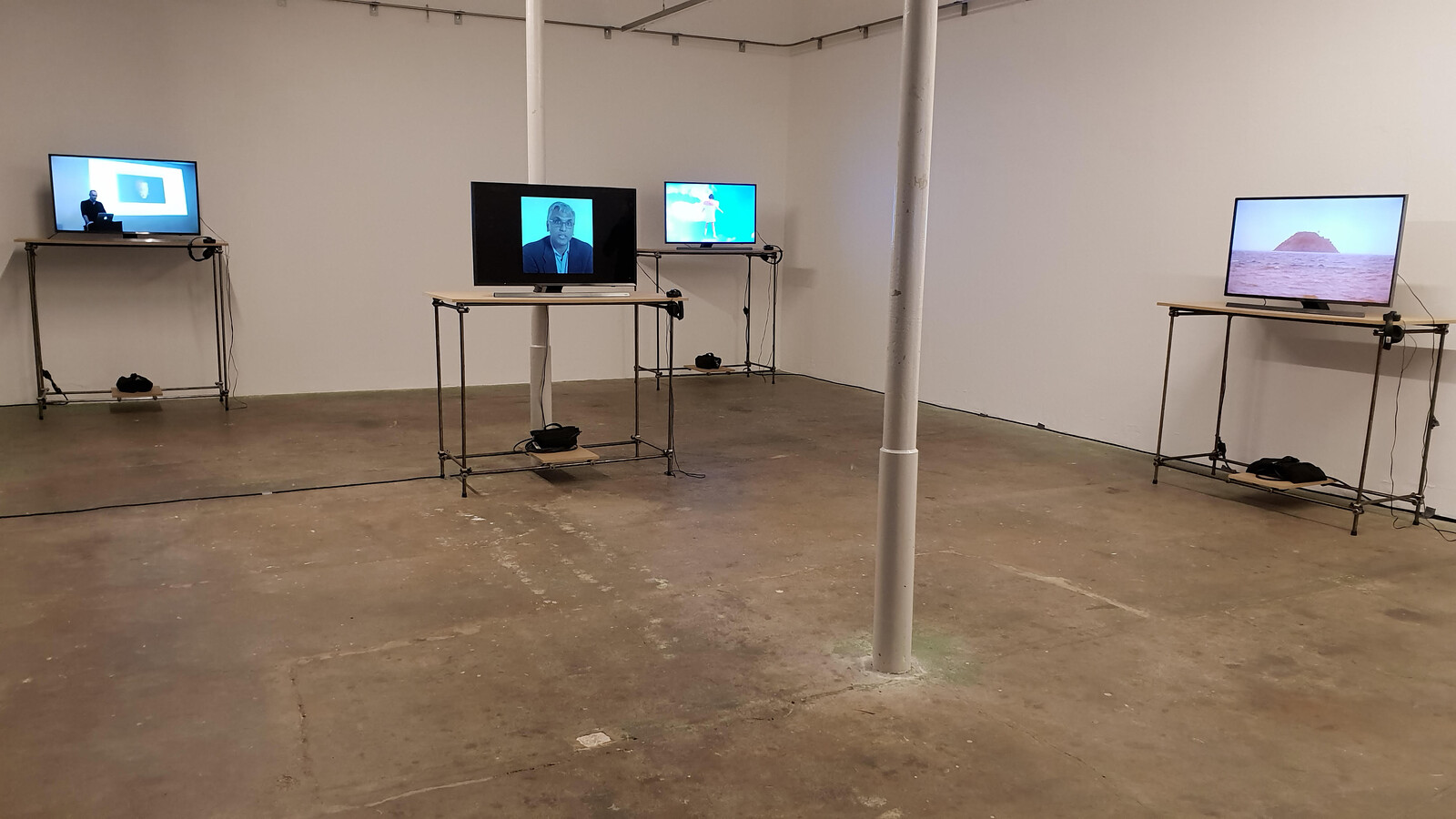In our decade, we suffer from a loss of common orientation, a common world, a common planet. We have to rethink the world, since we desperately need another system of coordinates, another distribution of metaphors and sensitivities, as well as novel fictions and imaginaries to address constituencies and configurations of the present and to restate speculations about directions in the future.
The current issue of MaHKUscript investigates how speculative thinking and speculative activity seem to have gained the status of new topics in our contemporary condition so distinctly marked by the void of certainty, the dominance of finance capital, and the re-emergence of utopianism in the absence of revolution. With this goal in mind, MaHKUscript 4, “Whatever Speculation,” invited several authors to deploy different conceptions of speculation and speculative thought while inciting new forms of imagination and reflection that could furnish novel perspectives on the social and planetary urgencies currently harassing humanity.
Contributions from the following authors are now online: Franco ‘Bifo’ Berardi (in conversation with Geert Lovink), James Charlton, Tyler Coburn, Eleanor Duffin, Andrea Eckersley and Terri Bird, Azadeh Fatehrad, Răzvan Ion, Sanne Oorthuizen and Natasha Tontey, Joshua Simon, and Marina Vishmidt.
As an extension of the “Whatever Speculation” project, a final—epilogical—presentation currently takes place at the OnCurating Project Space in Zurich, including the curatorial workshop Re-Imagining Futures (November 29–30), and a screening program (November 29–December 7) with works by Ursula Biemann, Tyler Coburn, Cristina Garrido, Falke Pisano, Oliver Ressler in collaboration with Zanny Begg, and Natasha Tontey.
In 2020, MaHKUscript will rearticulate the discussion about the situation and position of Artistic Research. Not only as a critical examination of the findings of the present “Research Decade,” but specifically as a quest for future scenarios and associated parameters and definitions. To give an impetus to such reflection, the fifth issue of MaHKUscript will take the conceptualization of a post-research turn as point of departure.
To this purpose, various activities are planned. As a start, MaHKUscript will collaborate with the 9th Bucharest Biennale (May 28–July 4). During a first public presentation of the Biennale in Zurich on November 29, curator Henk Slager explained the narrative and the logistical structure of the program in more detail. Similarly to how Paul Feyerabend once questioned the dominance of rational knowledge in Farewell to Reason, the pioneering Bucharest Biennale will in turn question the dominant trend of academisized research that has reigned now for at least ten years. Could a farewell to such research produce novel forms of articulation while proceeding from the perspective of visual art? Could we formulate a proposition based on a recomposition of three conceptual spaces (creative practice, artistic thinking, curatorial strategies) that intersect when artistic research takes place?
These thoughts will underline the curatorial narrative of the 9th Bucharest Biennale, where an experimental, process-based trajectory will be developed, consisting of a series of keynote presentations, research labs, performative events, curatorial research seminars, symposiums, and publications.
Later that year, the EARN—European Artistic Research Network conference “The Post-Research Condition” (September 17–19, 2020, in collaboration with BAK, basis voor actuele kunst, Utrecht) will pose that same question differently: are we facing today a post-research situation or a post-research condition? Could this be compared with how post-structuralism relates to structuralism as the philosophical understanding and elaboration of its consequences? And how could a possible post-research condition encounter contemporary art practices?
EARN will also present its updated organizational structure at this conference: a decentralized network where several working groups will operate from an articulation of urgent issues (such as Curatorial Strategies; Evaluation/Validation; Histories; Methodologies; North-South, East-West; and Sustainability), and where the “E” will leave the mere notion of being European. For this conference a.o. Denise Ferreira da Silva, Irit Rogoff, and Amanda Beech will give presentations. As a follow-up to the conference, a publication will be developed in collaboration with Metropolis M Books. More information about these activities will be published in the spring of 2020.


